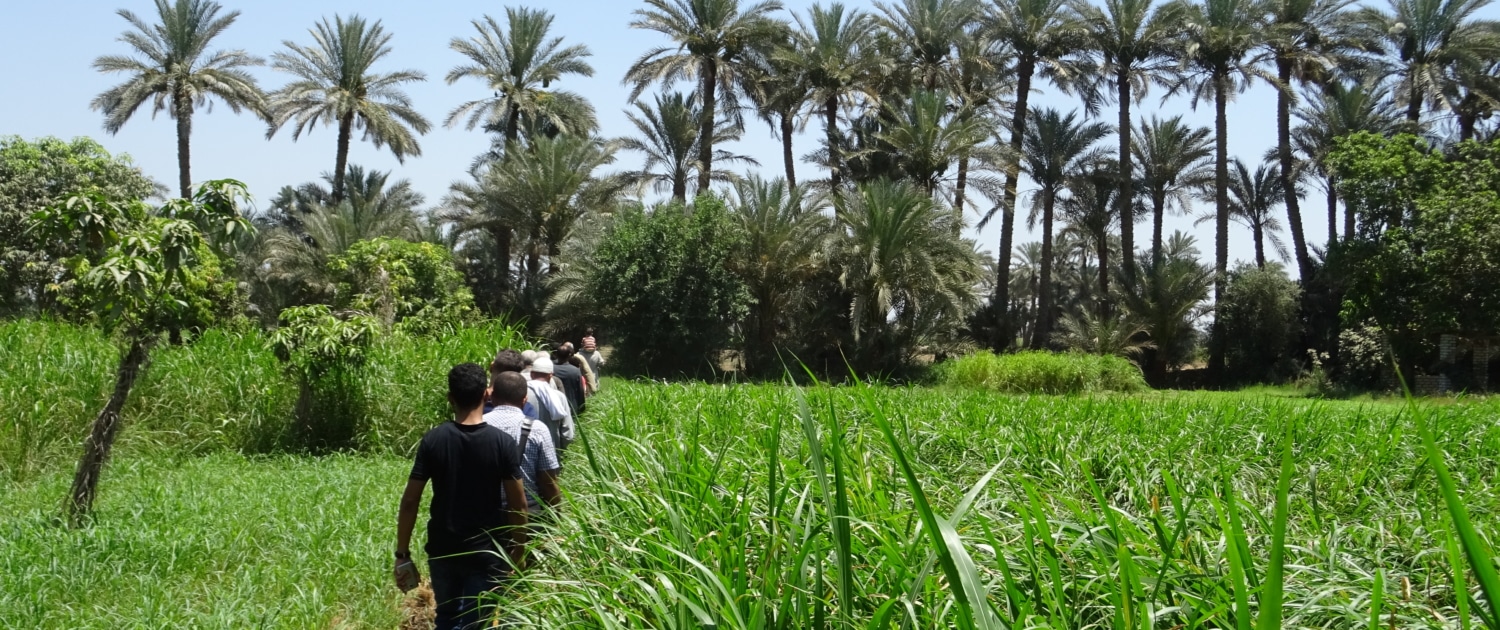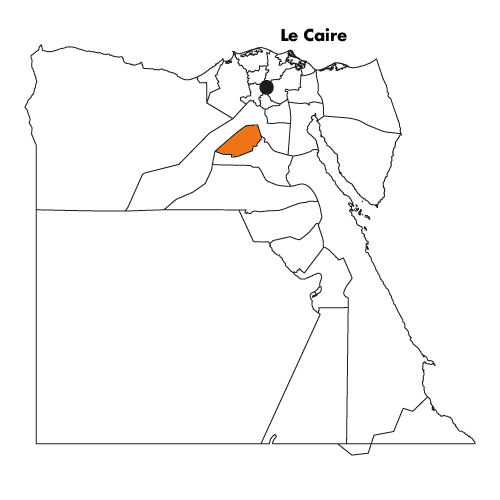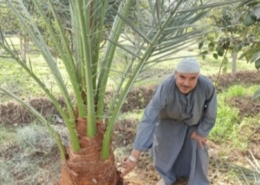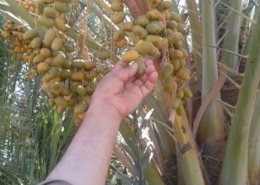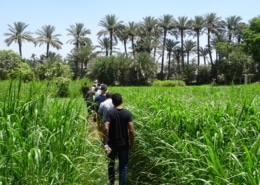In 2020, funding for the action came to an end
Developping entrepreneurship and added value chains
Context
Agriculture with potential to be explored
Agriculture has long played a central role in Egypt’s economy. Includingagro-industry and processing, half of Egypt’s population still depends on this sector.
Most farmers are small farmers under severe technical, financial and legal constraints.
The demand for labor is still very high and expensive, and «modern» techniques are still not very widespread in “old lands” such as the Nile Valley or the Delta. These limitations, combined with increasing land fragmentation, poor infrastructure and limited access to market information keep farmers in fragile situations.
However, in a context of growing youth unemployment, agriculture today has a potential for added value and employment that can be explored in high value-added agricultural sectors such as fruit.
Objectives
Supporting farmers to gain in productivity and added value
| Improving in a sustainable way commercial tree production and access to quality inputs | Improving the value of fruit production on remunerative agricultural markets | Developing and making sustainable a range of services adapted to the needs of farmers and their territories |
Actions
Mangoes, pears, dates and olives, a potential for improvement
The production of mangoes, pears, dates and olives is widespread in the governorate of Fayoum.
Improving productivity and quality requires local technical support and capacity building for farmers and their community organizations:
• Groups of farmers are trained and supported in the technical and economic areas, processing and marketing, through training in the field, exchange visits and the training of lead farmers.
• Young farmers are trained to become service providers in their communities (pollination, treatment, pruning, etc.).
• Community development associations are supported in their objective to become training centers for young agri-entrepreneurs (production, processing, provision of services related to agriculture and animal husbandry).
• By exposing farmers to the market for raw and processed products at the national level (fairs, exchange visits, putting them in contact with buyers, etc.), the action opens a new field of productivity gain and added value through processing.

